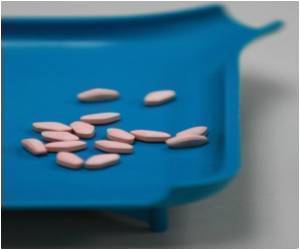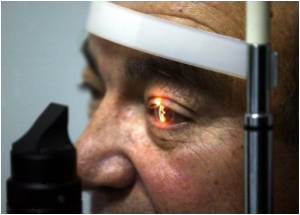A recent research has brought into light that administration of vitamin supplements reduces the incidence of measles and diarrhea and ultimately save lives.

The World Health Organization (WHO) recommends vitamin A supplements for pregnant mothers and children but recently controversies raised regarding the effectiveness of vitamin A supplementation programs in developing countries.
The 43 trials were included in the review, which involved 215,633 children between six months and five years of age. All except one trial used the standard dose of vitamin A as recommended by the WHO.
Overall, giving vitamin A capsules reduced the risk of death from any cause by 24 percent compared to placebos or usual treatment. This equates to saving the lives of almost a million vitamin A deficient children a year.
The review by Cochrane researchers suggests that much of the beneficial effect vitamin A supplementation in developing countries may be related to prevention of measles and diarrhea.
"Giving vitamin A is associated with a reduction in the incidence of diarrhea and measles, as well as the number of child deaths due to these diseases," said Zulfiqar Bhutta of Aga Khan University in Pakistan and the senior reviewer of the project.
Advertisement
The researchers strongly recommend continuation of vitamin A supplementation programs in children under five, but recognize that this it is not a permanent solution to the problem of vitamin A deficiency.
Advertisement














